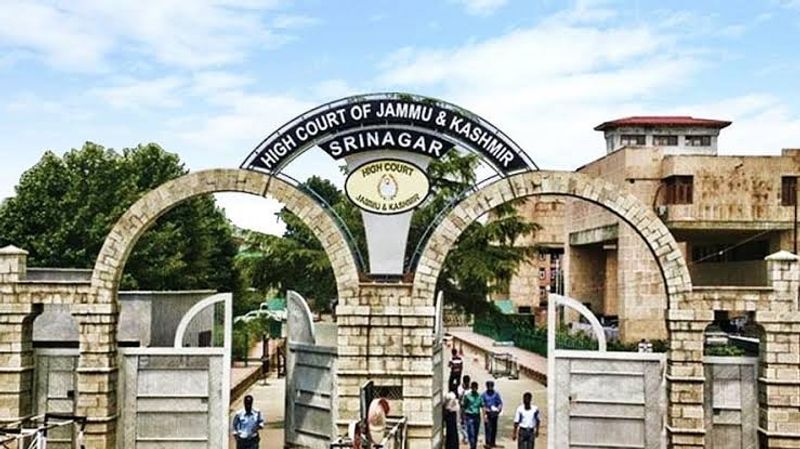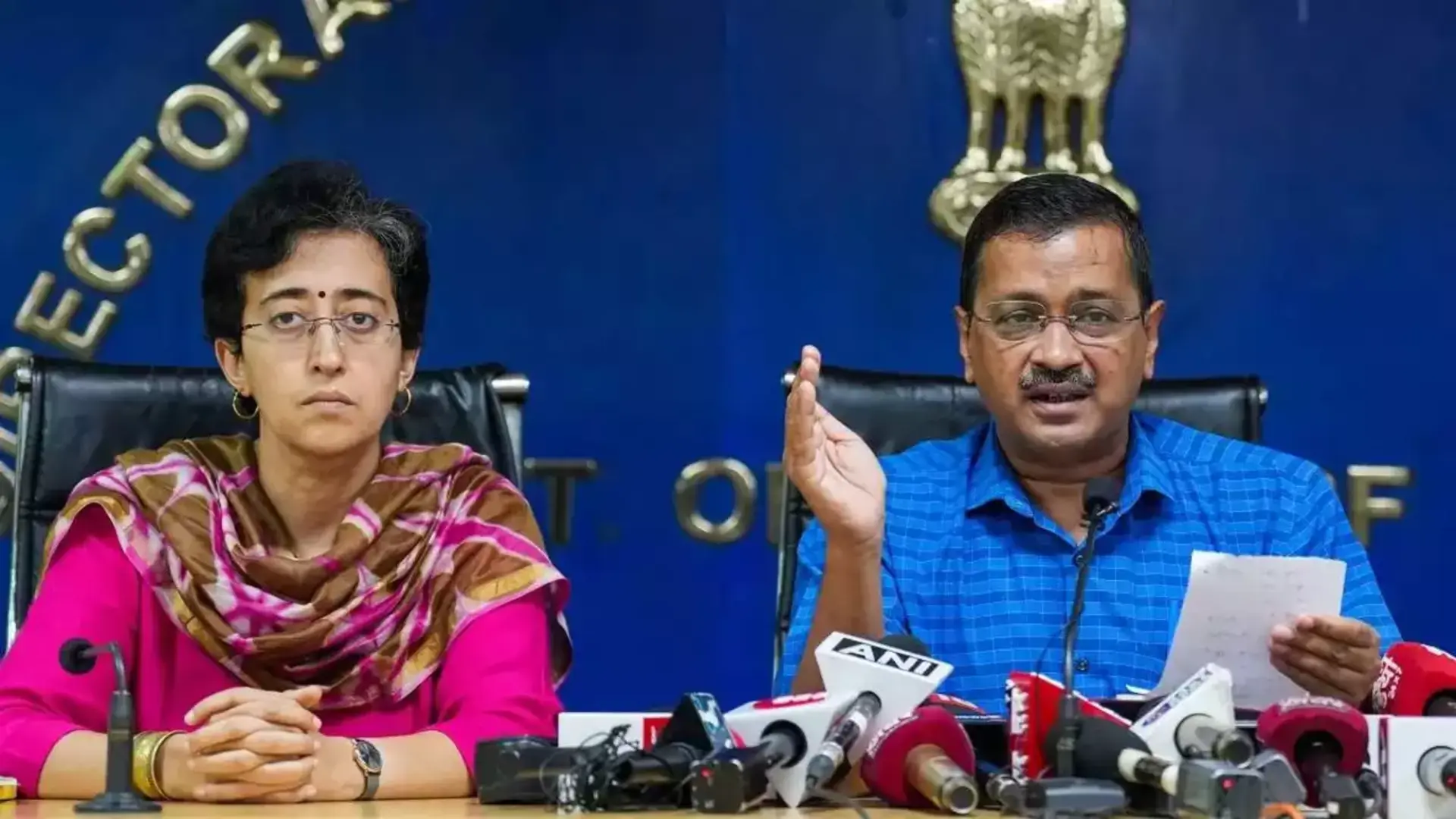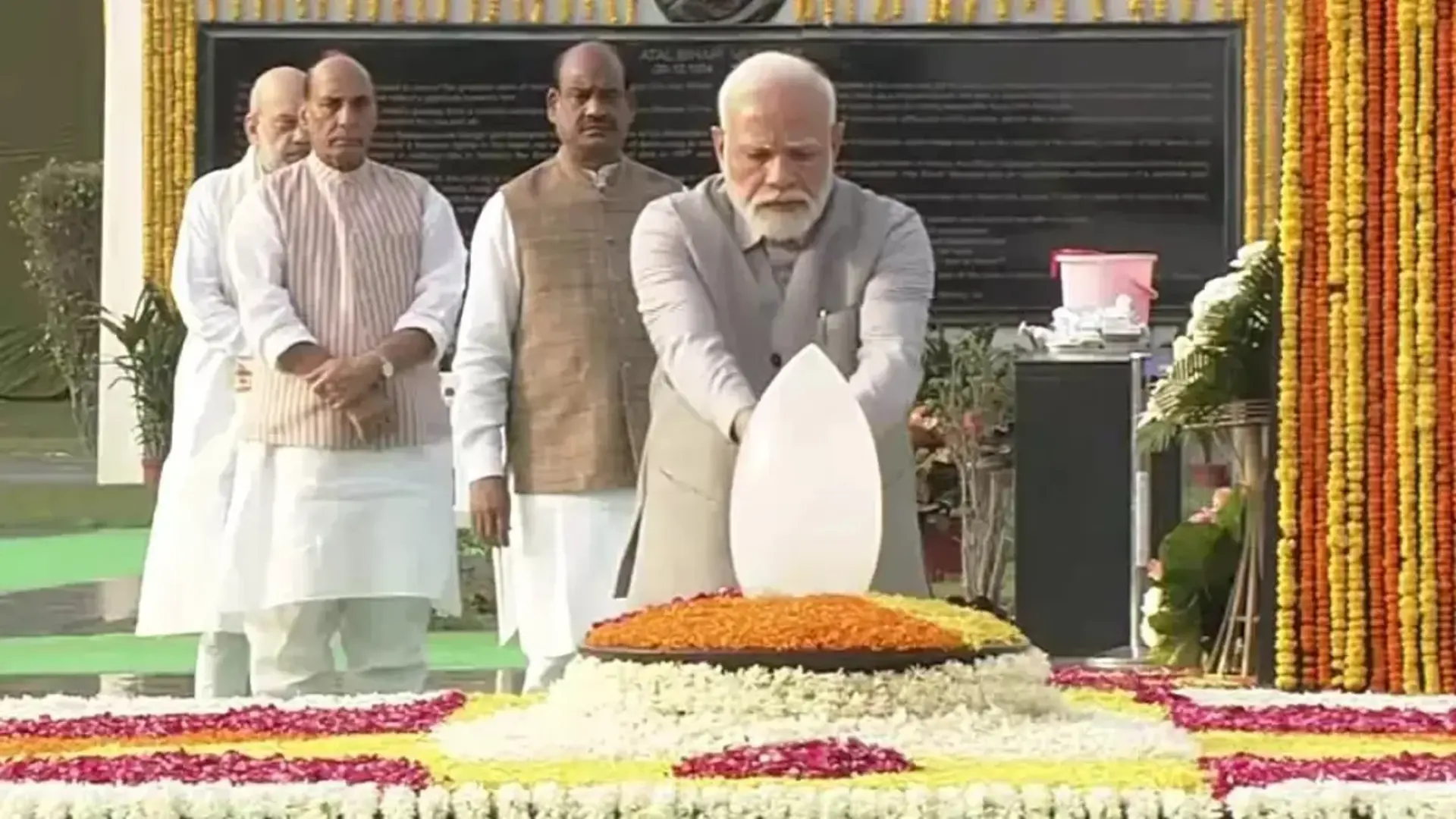It must be noted right at the outset itself that the Jammu and Kashmir and Ladakh High Court in a most practical, persuasive, pragmatic, progressive, powerful and penetrating judgment titled Javaid Ahmad Akhoon & Ors Vs UT of J&K & Ors in WP (C) no. 540/2022 CM no. 1339/2022 c/w i) OWP no. 828/2018 ii) SWP no. 1151/2018 iii) WP (C) no. 631/2022 and cited in 2022 LiveLaw (JKL) 251 that was reserved on November 24 and then finally pronounced on December 15, 2022 has minced just no words to observe that the Government can place necessary restrictions for smooth functioning of a particular trade, however, such restrictions must not be unreasonable particularly when the same are aimed to regulate the trade of unemployed skilled youth of a troubled area. It must be mentioned that the observations came from Hon’ble Ms Justice Moksha Kazmi Khajuria while hearing a plea in terms of which the petitioners being photographers by vocation, registered with Tourism Deptt J&K, had challenged the orders issued by Commissioner-Secretary to the Government, Floriculture Department, regulating the trade of photography in the parks and gardens. It stipulated that photographers aged 21-45 years (on 1st January of the year in which application is made) are eligible for first permission and those aged not more than 60 years are eligible for renewal. We find that as the Court found the condition in respect of upper age as unreasonable and accordingly quashed the same. Very rightly so!
At the very outset, this brief, brilliant, bold and balanced judgment authored by the Single Judge Bench comprising of Hon’ble Ms Justice Moksha Kazmi Khajuria sets the ball in motion by first and foremost putting forth in para 1 that, “These four writ petitions have been filed by the petitioners challenging and seeking quashment of the two Government Orders bearing No. 17-Flori/G&P of 2018 dated 23.02.2018 and 32-Flori/G&P of 2018 dated 07.06.2018, hereinafter for short as impugned orders, issued by Commissioner-Secretary to the Government, Floriculture Department, Civil Secretariat, Srinagar/ Jammu, (respondent no. 3 in the lead case), on the grounds taken in the memo of writ petitions.”
To put things in perspective, the Bench then discloses in para 2 that, “The two Government orders being questioned in the instant writ petitions pertain to and are aimed at to regulate the photographers’ trade in the gardens and parks of the Floriculture department. Since all the writ petitions raise a similar point for consideration, therefore, these are taken up together for disposal and this judgment shall govern all.”
As we see, the Bench then observes in para 3 that, “Precisely, the case of the petitioners is that they are registered photographers with the Tourism Department under the provisions of Jammu and Kashmir Registration of Tourism Act, 1978/82 and have been earning their livelihood by carrying out their professional activities in different tourist areas as shown in their respective registration certificates.”
As it turned out, the Bench then specifies in para 4 that, “While the petitioners were carrying on such professional/ business activities, the respondent no. 3 issued certain guidelines to regulate the trade of photography in the parks and gardens vide Order No. 17-Glori/G&P of 2018 dated 23.02.2018 inter alia prescribing the age of the photographers between 21-40 years for first permission and not more than 45 years in case of renewal on 1st January of the year in which application was made.”
Quite naturally, what then unfolds is stated in para 5 that, “Aggrieved of such stipulation prescribed in the guidelines, the petitioners challenged the same by filing writ petitions, OWP no. 828/2018; & SWP no. 1151/2018. This court, while issuing notice to the other side, in SWP no. 1151/2018, stayed the operation of the Government Order No. 17-Flori/G&P of 2018 dated 23.02.2018.”
Be it noted, the Bench then reveals in para 6 that, “During the pendency of the writ petitions, the respondents, in modification of order no. 17-Flori/G&P of 2018 dated 23.02.2018, issued Government Order No. 32-Flori/G&P of 2018 dated 07.06.2018 by virtue of which the eligibility in respect of age was modified and enhanced to 60 years instead of 45 as provided earlier.”
Needless to say, the Bench then lays bare in para 7 stating that, “Aggrieved of such modification, the petitioners have filed two writ petitions, being WP (C) nos. 540/2022 and 631/2022 to challenge the same inter alia on the grounds that, a) the respondent no. 3 had no power under Jammu and Kashmir Registration of Tourism Trade Act, 1978/82 to issue the guidelines in question; b) the impugned guidelines are having the effect of overriding the provisions of Jammu and Kashmir Registration of Tourism Act, 1978/82 which provides the eligibility conditions for the trade in question; c) it restricts the professionals from freely carrying on their trade amounting to violation of Article 19(1)(g) of the Constitution which guarantees all citizens the right to practice or carry on any occupation, trade or business; d) the impugned order has no statutory backing to impose restrictions; e) the impugned order is violative of Article 21 of the Constitution; etc.”
Of course, the Bench then states in para 8 that, “Upon notice, the respondents appeared; filed their objections and resisted the claim of the petitioners. The grounds taken in opposition to all the writ petitions are almost similar. It is inter alia stated therein that petitioners have raised disputed questions of fact; no cause of action has accrued to the petitioners as none of their right is infringed; the order impugned bearing No. 32-Flori/G&P of 2018 dated 07.06.2018 has been passed only after taking into consideration the grievances of the petitioners; the impugned order dated 23.02.2018 upon being challenged in the court of law was reviewed and modified by order dated 07.06.2018 which also has been challenged after a span of four years; the petitioners do not have a valid renewed registration as on date in terms of Tourism Trade Act 1978, therefore, should not be allowed to operate in the gardens; the petitioners falling at S.Nos. 9,11,16,24 and 26 do not have license to operate near any Mughal Garden as per their own record and have falsely included themselves for the benefits of photography in Mughal Gardens; the guidelines do not curtail the livelihood of any photographer but only regulates the mode of operation and tenure of renewal; the respondents are bound to ensure discipline, fair charging, safety of visitors and proper work conduct in the gardens under their administrative control; allowing all those who have a valid registration for a particular location would lead to permitting all such photographers in the Garden falling in that location as such a course would result in chaos and overcrowding in the gardens beyond the fixed intake capacity of photographers; the guidelines have been issued by the respondents earlier also in the year 2008 vide Government Order No. 17-CM-(F) of 2008 dated 08.05.2008 laying down identical conditions therein; the respondent no. 3 is competent to issue guidelines in question; and the guidelines have been issued with utmost regard to the rule of law and principles of natural justice.”
It cannot be glossed over that the Bench observes in para 21 that, “Admittedly, the impugned guidelines have been issued by the Government and the court cannot lose sight of the fact that the Government can place necessary restrictions for smooth functioning of a particular trade on the desired levels, however, such restrictions must not be unreasonable particularly when the same are aimed at to regulate the trade of unemployed skilled youth of a troubled area whose livelihood is dependent on such trade.”
Most remarkably, the Bench then succinctly points out in para 22 postulating most clearly that, “Be that as it may, assuming that the respondent-Floriculture department, in terms of the Jammu and Kashmir Reorganization Act, 2019-Transaction of Business of the Government of Union Territory of Jammu and Kashmir Rules, 2019, by virtue of which the parks and gardens have been assigned to Floriculture Department, had the authority to issue the guidelines in question, yet the court, upon having been challenged before it, can test its reasonableness by a judicial review. The principle of reasonableness also called a Wednesbury principle developed in the case of Associated Provincial Picture House v. Wednesbury Corporation (1948)1 KB 223 Lord Green put forth the following circumstances under which an administrative action could be categorized as unreasonable; a) if the administrative action has no backing in law; b) there is no evidence to back the action of the authority; c) the action is based on irrelevant and extraneous consideration; d) the action is outrageous and so unreasonable that no reasonable person in their wildest of dreams would reach to that particular conclusion.”
Most significantly, it merits full attention that the Bench then very rightly mandates in para 23 holding that, “Testing the conditions of the impugned guidelines vis-à-vis the upper age limit and the deposition of annual fee of Rs. 10,000/- on the touchstone of the Wednesbury principle and the ratio laid down by the Hon’ble Supreme Court in case titled Rameshwar Prasad (VI) v. Union of India reported as (2006) 2 SCC p. 1, the same appear to be wholly unreasonable, in that, the skill cannot be restricted to a particular age especially in today’s advanced era and it does not further appear to be achieving any kind of object not to speak of a reasonable object. The condition in respect of deposition of annual fee of Rs. 10,000/- also appears to be unreasonable as the petitioners are admittedly performing their professional duties in the tourist areas and are solely dependent upon the tourist inflow which obviously lasts for only few months, therefore, a seasonal worker, depending solely on tourist inflow, cannot logically be earning as handsome an income as would bear the annual deposition of Rs. 10,000/- for maintaining his registration.”
It would be worthwhile to mention that the Bench then underscores in para 25 stating that, “Before parting with the file, it needs to be emphasized here that during the course of arguments certain observations were made by the court on 24.11.2022 and while the judgment in the case was reserved, the learned counsel for the respondents produced a copy of a communication bearing No. LS/DOF/F121/1182-83 dated 25/11/2022 issued by the Director, Floriculture department Kashmir, addressed to the Government Counsel, wherein it is reflected that the authorities shall be reviewing certain conditions of the impugned guidelines. The Government would be at liberty to take a fresh look at the impugned guidelines and pass any modification deemed appropriate in the facts and circumstances of the cases, taking into account the observations made by this Court in the instant judgment.”
What’s more, the Bench then holds in para 26 that, “Disposed of along with all CMs, on the above lines.”
Finally, the Bench then concludes by holding in para 27 that, “Registry shall place a copy of this judgment on each file.”
In summary, the Jammu and Kashmir High Court must be definitely lauded most generously for making it indubitably clear that skill cannot be restricted to a particular age especially in today’s advanced era and it does not further appear to be achieving any kind of object not to speak of a reasonable object. No doubt, all the courts must certainly pay heed to what has been held in this leading case. No denying it!












